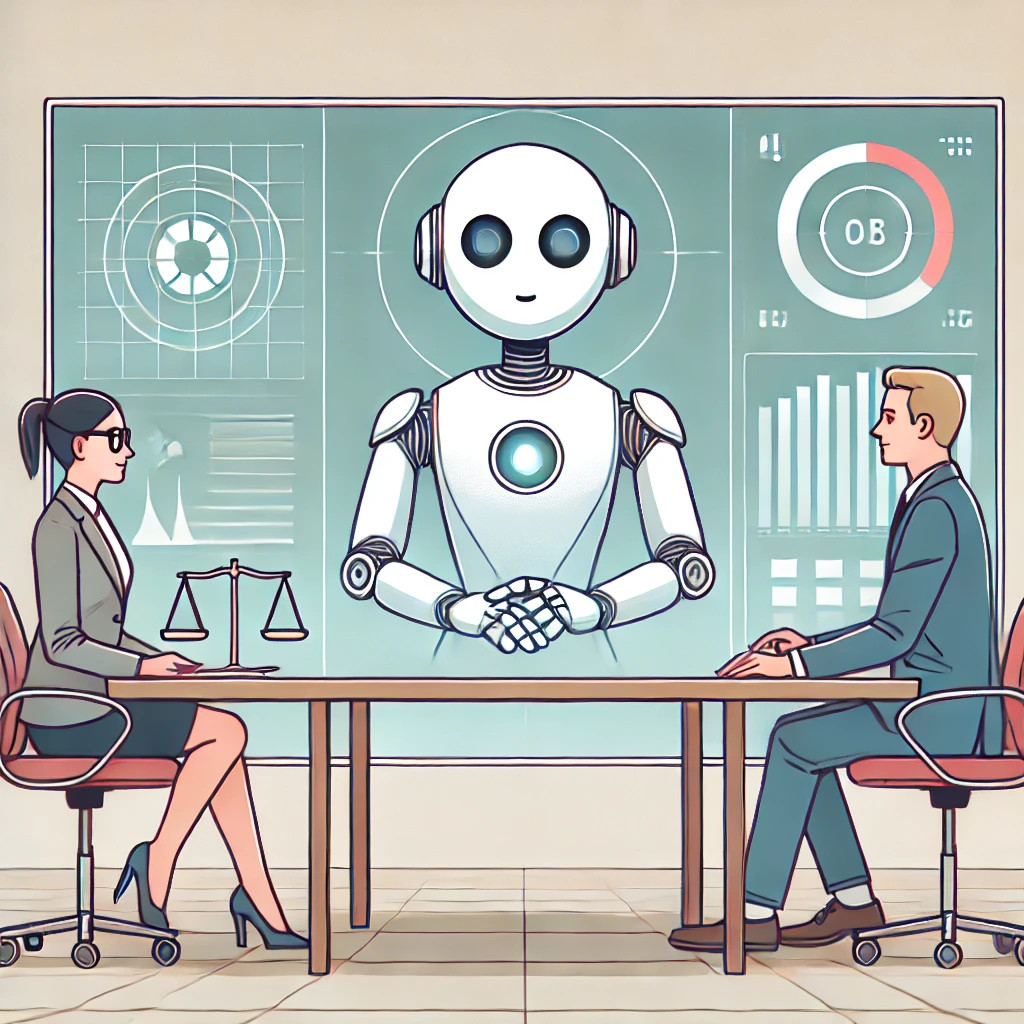AI Won’t Replace Arbitrators, But It’s Changing How Disputes Get Resolved. If you’re in the legal field and still skeptical about AI in ADR (Alternative Dispute Resolution), it’s time to take a second look. Law firms that ignore AI are falling behind, plain and simple. Marvin Huberman, a contributor to Advocate Daily, argues that AI is becoming a game-changer in mediation and arbitration—but not in the way most people assume.
No, AI isn’t about to take over and replace human arbitrators or mediators. The reality is more nuanced. AI can cut through mountains of data, spot patterns no human would catch, and streamline the resolution process. Instead of spending weeks sifting through case law or evidence, AI can do it in hours. And unlike humans, it doesn’t need coffee breaks—it works 24/7, continuously improving as it processes more cases.
Take online dispute resolution (ODR) platforms like Modria (used for e-commerce disputes) or Smartsettle—they’ve already integrated AI-driven tools to assist in negotiations. They help parties reach agreements by analyzing past cases and suggesting fair settlements. For people uncomfortable airing grievances to a human arbitrator, AI In ADR even provides an unbiased, judgment-free environment, something Huberman believes could make dispute resolution more accessible.
“It may be better for some people to relay that information to a non-judgmental avatar or a robot or an artificial intelligence device,” Huberman explains.
AI in ADR: Speeding Up a Process That’s Already Faster Than Litigation
One of the biggest reasons companies and individuals turn to ADR is to avoid the endless bureaucracy of traditional litigation. If you’ve ever been involved in a commercial lawsuit, you know the document production process alone can take years. Lawyers drown in paperwork, and discovery drags on forever. In some cases, two years of back-and-forth document requests are considered normal. That’s insane.
In contrast, arbitration typically moves much faster, and AI makes it even more efficient. Some legal tech startups, like ROSS Intelligence (before it shut down) and Casetext, were leveraging AI In ADR to instantly pull relevant legal precedents. Now, newer AI models can draft contracts, summarize key arguments, and predict case outcomes—giving lawyers a massive strategic advantage.
If you want a solid breakdown of how AI reshapes the legal system, check out LegalEagle’s video on AI in law. He dives into the practical implications and what lawyers should expect in the coming years.
Bottom line? AI isn’t replacing arbitrators, but law firms that embrace it will have a serious edge in ADR.
See Marvin Huberman’s profile.
Author: Jordan Kessler
Bio: Jordan Kessler is a legal technology analyst with a background in dispute resolution and AI-driven legal research.
